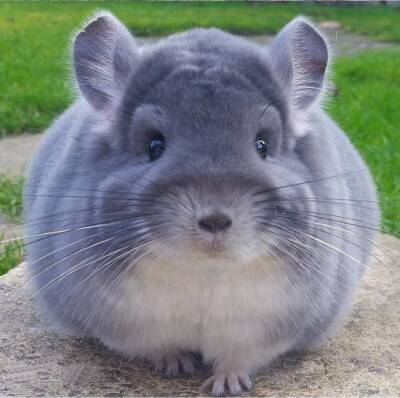
Eothenomys eva
Eothenomys eva(Thomas,1911),Taozhou woolly rat
Gansu woolly rat belongs to the subfamily Arvicolinae. Gansu woolly rat and ···
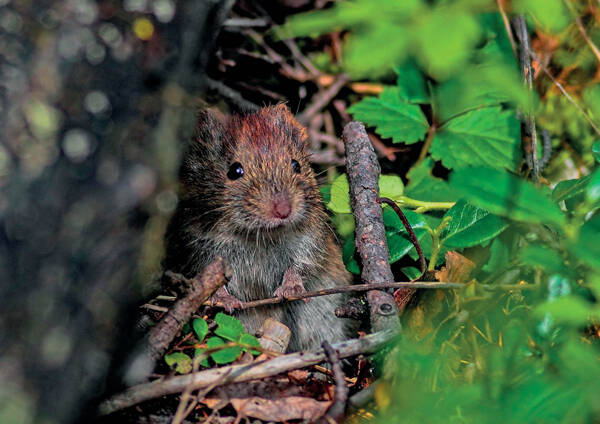
Clethrionomys rutilus
Clethrionomys rutilus,,Myodes rutilus,Northern Red-backed Vole,Clethrionomys rutilus
Red-backed voles belong to the subfamily Microtiinae. The species-level clas···
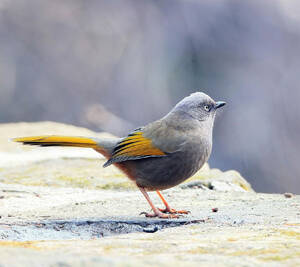
Trochalopteron elliotii
Trochalopteron elliotii,Elliot's Laughingthrush,Garrulax elliotii (Verreaux, 1870)
The orange-winged laughingthrush is also known as Elliot's Laughingthrus···
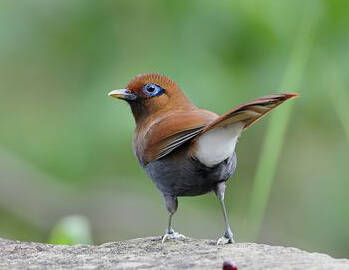
Pterorhinus berthemyi
Pterorhinus berthemyi,Rusty Laughingthrush,Bamboo bird, Eight-tone bird
The foreign name of the brown babbler is Rusty Laughingthrush, and there are···
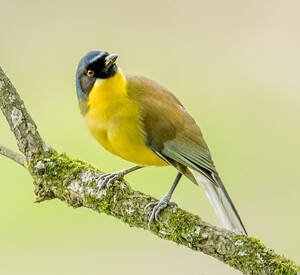
Pterorhinus courtoisi
Pterorhinus courtoisi,Blue-crowned laughingthrush,Chinese Yellow-throated Laughingthrush, Blue-crowned Laughingthrush, Wuyuan Yellow-throated Laughingthrush, Blue-throated Laughingthrush
Blue-crowned laughingthrush is a small-bodied bird of the family Timalis, wi···
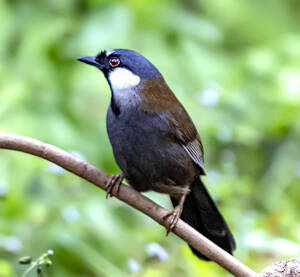
Pterorhinus chinensis
Garrulax chinensis,Pterorhinus chinensis,Black-throated Laughingthrush,,Dryonastes chinensisBlack-throated Laughing Thrush, Mountain Bird, Coral Bird
Black-throated Laughingthrush, also known as Black-throated Laughingthrush, ···
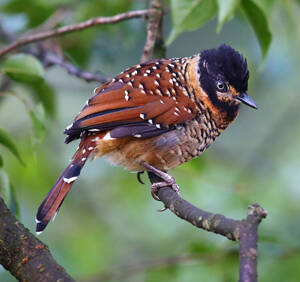
Ianthocincla ocellata
Ianthocincla ocellata,Garrulax ocellatus,Spotted Laughingthrush
Spotted Laughingthrush, also known as Spotted Laughingthrush, has 4 subspeci···
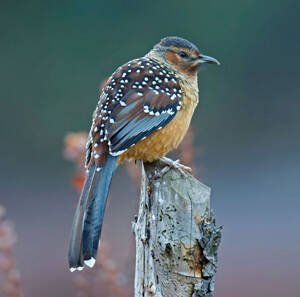
Ianthocincla maxima
Ianthocincla maxima,Giant Laughingthrush,Garrulax maximus,Flower-backed Laughing Babbler
Giant Laughingthrush, foreign name, no subspecies.The Great Laughingthrush i···
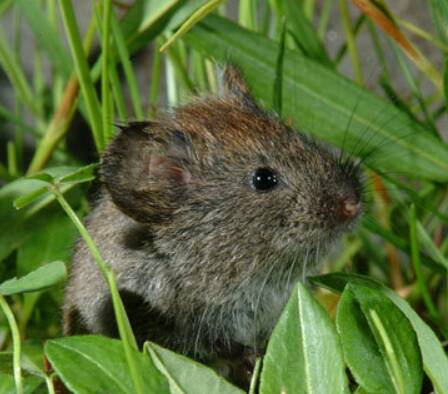
Clethrionomys rufocanus
Clethrionomys rufocanus,Myodes rufocanus,Gray Red-backed Vole,Clethrionomys rufocanus,Hypudoeus rufocanus,Red-haired mouse
The brown-backed croaker belongs to the subfamily Arvicolinae. The species s···
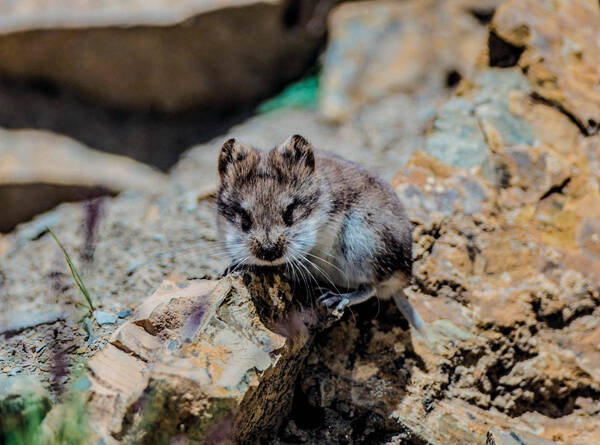
Alticola stoliczkanus
Alticola stoliczkanus (Blanford,1875)
Alticola strachyi belongs to the Arvicolinae subfamily. The type specimen is···
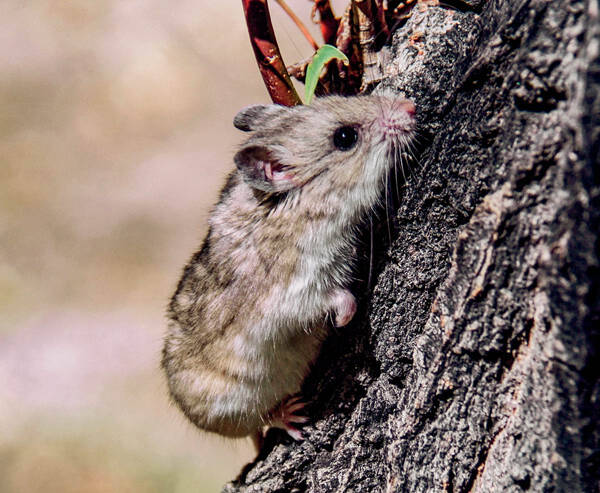
Alticola argentata
Alticola argentata,Gray Mountain
Belongs to the subfamily Arvicolinae. Its taxonomic status is controversial ···
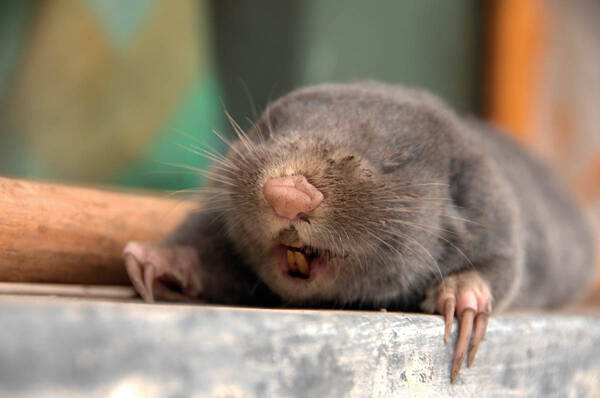
Eospalax smithi
Eospalax smithi,Myospalax smithii,Myospalax smithii Thomas
The Stevens's zokor belongs to the subfamily Myospalacinae. The Stevens&···
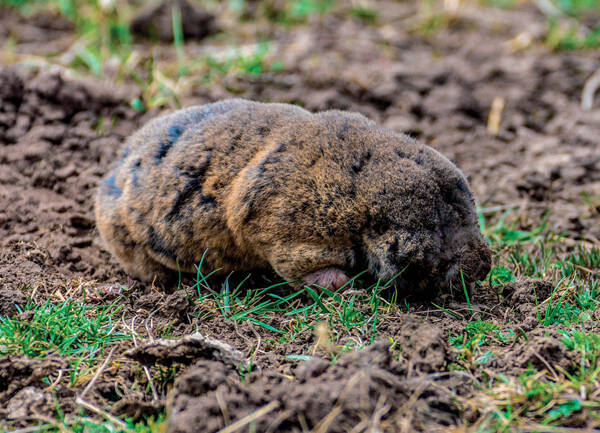
Myospalax fontanieri
Myospalax fontanieri,Common Chinese zokor,Eospalax fontanieri,Blind mouse, ground mouse, mole
The Chinese zokor belongs to the subfamily Myospalacinae. There is much cont···
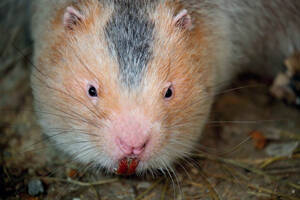
Rhizomys sumatrensis
Rhizomys sumatrensis,Indomalayan Bamboo Rat,Red-cheeked bamboo rat, Red bamboo rat
The bamboo rat belongs to the subfamily Rhizomyinae, and the species is nati···
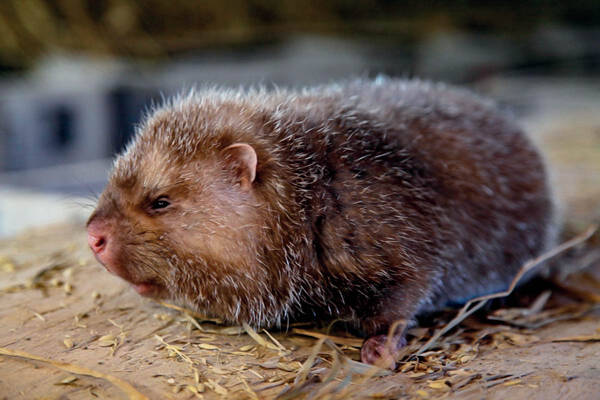
Rhizomys sinensis Gray
Rhizomys sinensis Gray, bamboo rat, bamboo pig, bamboo civet, bamboo civet, bamboo weasel, reed rat, reed rat
Like the silver-star bamboo rat, the Chinese bamboo rat is also a member of ···
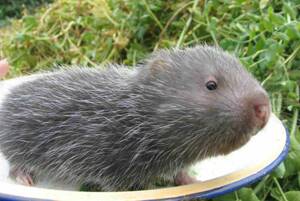
Rhizomys pruinosus
Rhizomys pruinosus,Rhizomys latouchei, white bamboo rat, rough-haired bamboo rat, bamboo rat, Tulun
Silver-star bamboo rat belongs to the subfamily Rhizomyinae. In terms of cla···
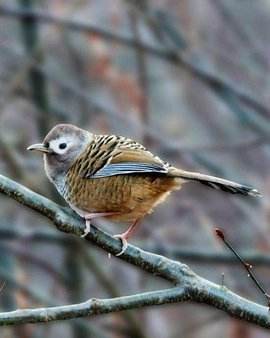
Garrulax lunulatus
Garrulax lunulatus,Barred Laughingthrush,Ianthocincla lunulata
Barred Laughingthrush, also known as Barred Laughingthrush in English, is a ···
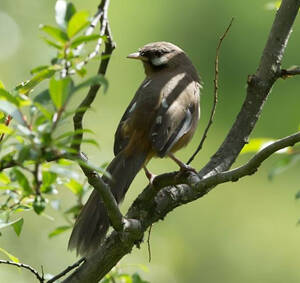
Garrulax sukatschewi
Garrulax sukatschewi,Snowy-cheeked Laughingthrush
Snowy-cheeked Laughingthrush, no subspecies.Black-cheeked Laughingthrush oft···
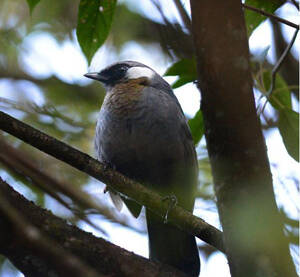
Garrulax maesi
Garrulax maesi,Grey Laughingthrush,Red-eared Laughingthrush
Grey Laughingthrush is known as Grey Laughingthrush in English and has 3 sub···
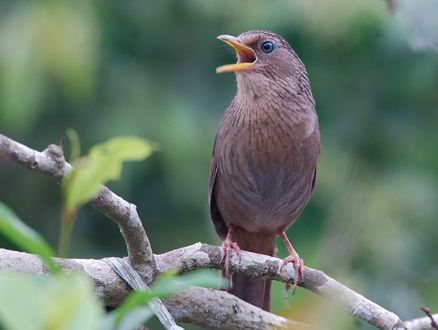
Garrulax taewanus
Garrulax taewanus,Taiwan Hwamei
Taiwan Hwamei, no subspecies.Taiwan Hwamei males are very territorial, and t···
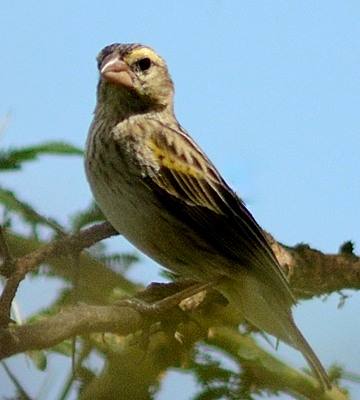
Pterorhinus koslowi
Babax koslowi,Tibetan Babax,Pterorhinus koslowi
The brown babbler's foreign name is Tibetan Babax, and there are two sub···
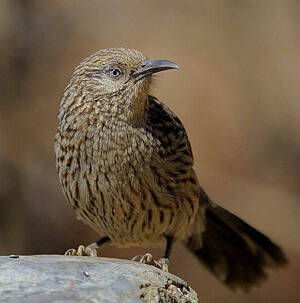
Babax waddelli
Babax waddelli,Giant Babax
Giant Babax, also known as Giant Babax, has two subspecies.Except during the···
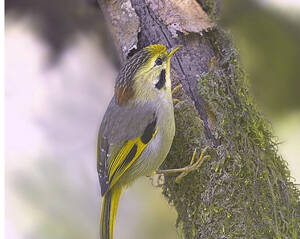
Schoeniparus variegaticeps
Pseudominla variegaticeps,Gold-fronted Fulvetta,Schoeniparus variegaticeps
Gold-fronted Fulvetta is a species endemic to central and southern China.Gol···
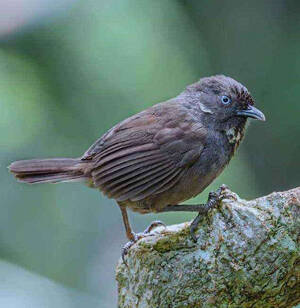
Stachyris nonggangensis
Stachyris nonggangensis,Nonggang Babbler,
Nonggang Babbler, with no subspecies.In 2004, Professor Zhou Fang of the Col···
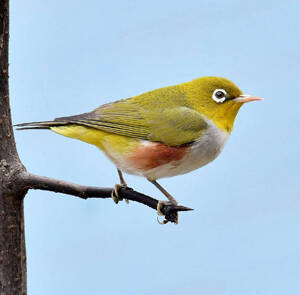
Zosterops erythropleurus
Zosterops erythropleurus,Chestnut-flanked White-eye,White eyes, pink eyes, brown eyes, red eyes with white eyes, red eyes with pink eyes
Chestnut-flanked White-eye, no subspecies.Chestnut-flanked White-eye often m···
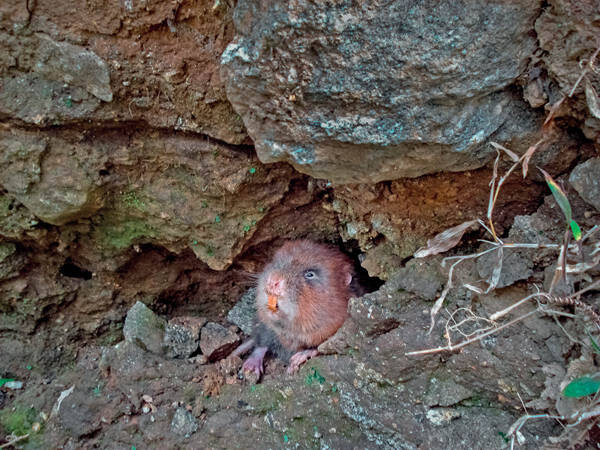
badius
badius,Muscicapus, bamboo rat, winter rat, muscicapus, hog rat, bamboo civet, etc.
The bamboo rat belongs to the subfamily Rhizomyinae. There is only one speci···
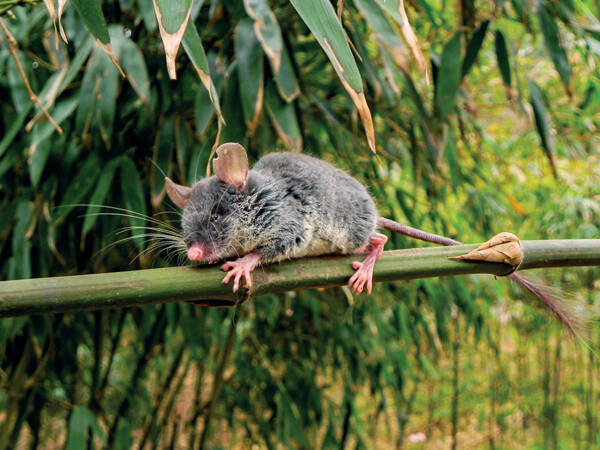
Typhlomys macrourus Zheng
Typhlomys macrourus Zheng,1993
The giant pig-tailed rat belongs to the Platacanthomyidae family, a very uni···
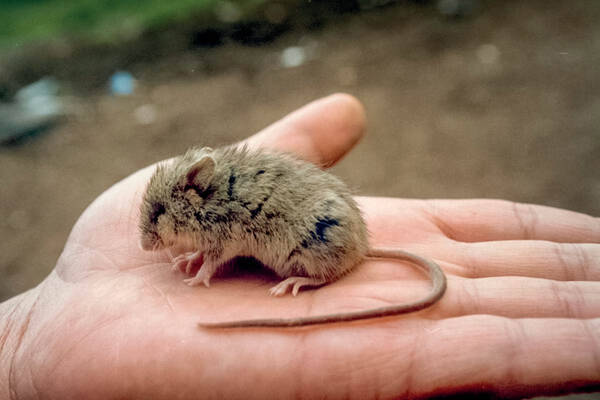
Sicista tianschanica
Sicista tianschanica,Sicista concolor,Rat
Tianshan scissorium belongs to the subfamily Sicistinae, with only one genus···
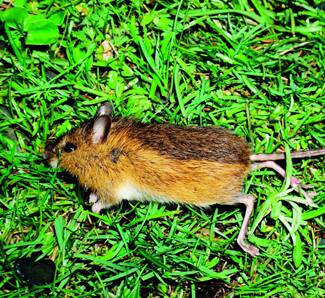
Eozapus setchuanus
Eozapus setchuanus,,Forest jerboa, forest jerboa, forest jerboa
The Sichuan forest jerboa belongs to the subfamily Zapodidae, which has only···
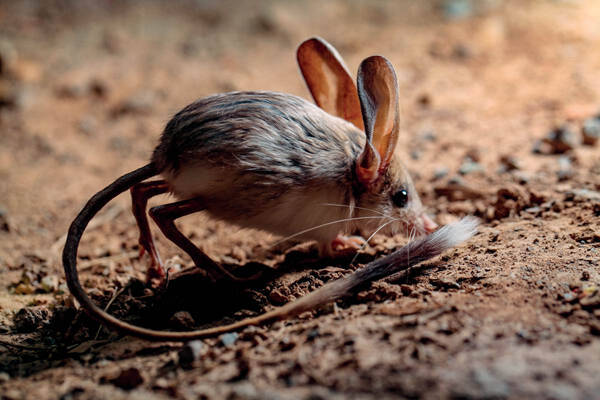
Euchoreutes naso
Euchoreutes naso,Long-eared Jerboa,
The long-eared jerboa belongs to the subfamily Euchoreutinae, a single genus···
